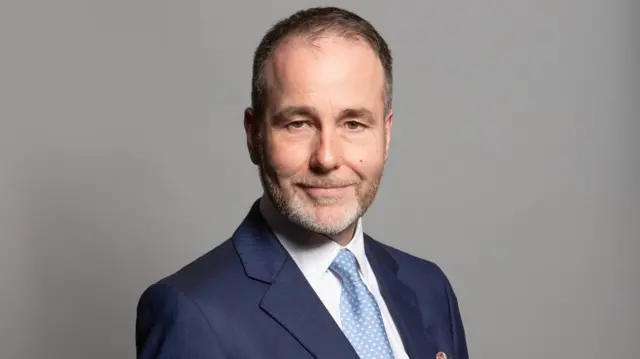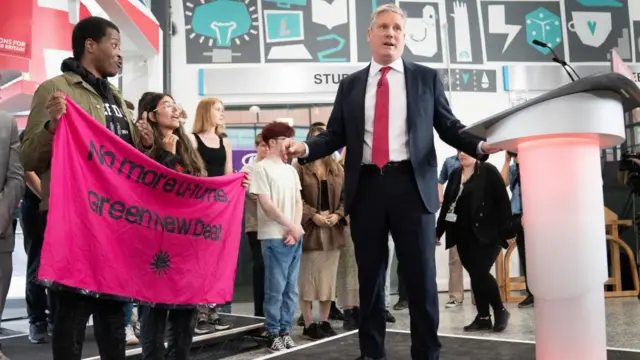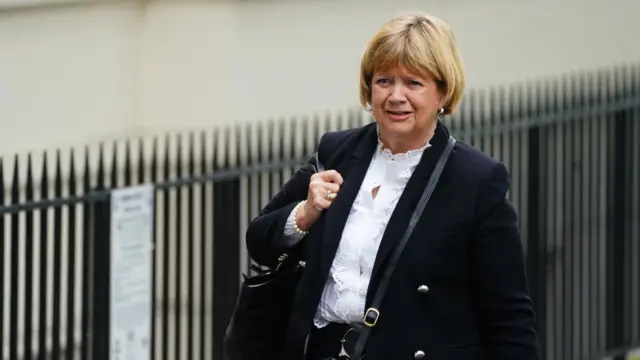Thank you for joining uspublished at 16:56 BST 6 July 2023
 Alexandra Fouché
Alexandra Fouché
Live reporter
And with those round-ups of today's top stories, we draw our live coverage to a close.
Thank you for joining us across what has been a busy and varied day of political action. Before we go, here's where you can find and continue reading more about the day's major events:
- We began with the findings of a report into allegations of groping against ex-Tory MP Chris Pincher, who was dealt an eight-week suspension. Read more on this here
- Next came Sir Keir Starmer's speech on education policy, during which he promised to "tear down" obstacles to opportunity. Click here to read on
- This afternoon, the High Court ruled that Boris Johnson's unredacted WhatsApp messages, notebooks and diaries must be handed over to the Covid-19 Inquiry. More on this here
This page was edited by Andrew Humphrey and Alexandra Fouché. The writers were Chas Geiger, Sean Seddon, Ece Goksedef, Emily Atkinson and Ali Abbas Ahmadi.






